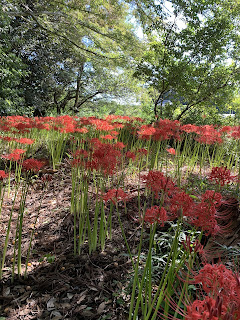Exploring the Japanese Concept of 'Dou' and the Path to Higher Humanity

The Japanese concept of "DOU ( 道 )" is a way of life that seeks to master the essence of existence, focusing on one's own specialty and striving for a higher level of humanity. To achieve mastery in this concept, one must embrace a spiritual state of nothingness, engaging in a lifelong learning process that involves practical trial-and-error and internal introspection. While this approach may not always appear rational, it is time-consuming and lacks a definitive answer book. Nonetheless, when aiming for unprecedented levels of achievement, this seemingly irrational process becomes essential.
















































